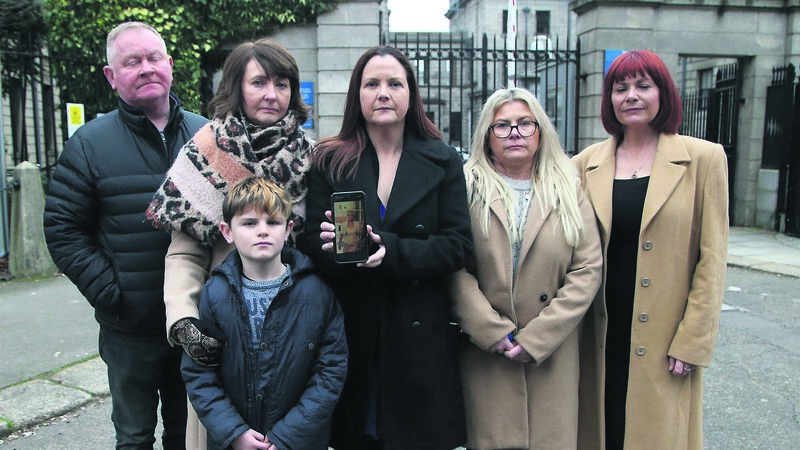Niamh Griffin: Adversarial system pits medics and patients against each other

In January — six years after 76-year-old Freda Fox died after losing 17 litres of blood during surgery at St Vincent’s Hospital Dublin — her family settled a High Court action over her death. The settlement was made without an admission of liability. Picture: Collins Courts
The opening months of this year have seen the conclusion of a number of distressing court cases linked to healthcare, with many watching left wondering why these cases often take so long and become so adversarial for everyone involved.
Is there or should there be another way?











